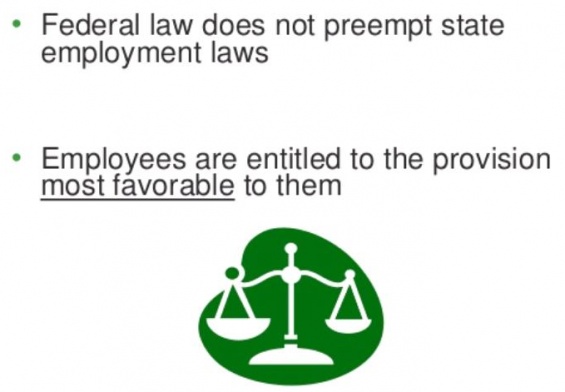In the modern workplace, employment law serves as a vital protector of employee rights, ensuring a safe and equitable environment for all. Over the years, a comprehensive body of laws has been developed to safeguard these rights, covering everything from workplace safety to discrimination and fair compensation. For employees, being knowledgeable about these laws is not just about understanding one’s rights; it’s about empowering oneself to navigate the workplace with confidence and security. This guide aims to demystify the key aspects of employment law that every employee should be aware of, providing a foundation for recognizing and asserting one’s rights within the workplace.
The landscape of employment law is both broad and nuanced, reflecting the diverse challenges and situations employees may face. From the Family Medical Leave Act (FMLA) to protections against discrimination and harassment, these laws are designed to ensure that employees are treated fairly and with respect. By familiarizing oneself with these legal protections, employees can better understand their entitlements, responsibilities, and the mechanisms available for addressing grievances. This knowledge not only enhances the workplace experience but also strengthens the overall dynamics between employers and employees, fostering a culture of respect and mutual understanding.
Key Protections Under Employment Law
Family Medical Leave Act (FMLA)
The FMLA stands as a cornerstone of employment law, offering eligible employees the right to take unpaid leave for significant family and medical reasons without fear of losing their job. Understanding the eligibility criteria—such as the size of the employer, the employee’s tenure, and hours worked—is crucial for accessing these protections. This federal law underscores the importance of balancing work and personal life, ensuring employees do not have to choose between their job and their health or family obligations.
Workplace Discrimination and Harassment
Title VII of the Civil Rights Act of 1964 lays the groundwork for a workplace free from discrimination, ensuring that employees are judged based on their abilities and qualifications rather than race, color, religion, sex, or national origin. Similarly, laws against sexual harassment and age discrimination further protect employees from unfair treatment and create a workplace environment where respect and equality prevail. Understanding these protections empowers employees to stand up against discrimination and seek justice when necessary.
Disability Rights
Employment law also addresses the rights of individuals with disabilities, mandating that qualified individuals cannot be discriminated against based on their disability. The Americans with Disabilities Act (ADA) requires employers to provide reasonable accommodations, ensuring that employees with disabilities have equal opportunities to succeed in their roles. This aspect of employment law highlights the value of inclusivity and equal access in the workplace.
Fair Wages and Overtime Pay
The Fair Labor Standards Act (FLSA) sets the standard for minimum wage, overtime pay, and child labor laws, ensuring that employees are compensated fairly for their work. Understanding one’s rights under the FLSA is essential for ensuring that employers adhere to these standards, promoting fairness and equity in compensation practices across all industries.
Conclusion: Navigating Your Rights in the Workplace
For employees, knowledge of employment law is not just a tool for addressing grievances; it’s a means of empowering oneself to navigate the workplace with assurance and dignity. By understanding the protections and rights afforded under employment law, employees can advocate for themselves and contribute to a more just and equitable working environment. This awareness is crucial for fostering a culture of mutual respect and understanding, where employees feel valued and supported.
As the workplace continues to evolve, so too will the landscape of employment law, adapting to new challenges and ensuring that employees’ rights are protected in an ever-changing world. For employees, staying informed about these changes and understanding their legal rights is key to navigating the workplace confidently and effectively. In doing so, they not only protect their own interests but also contribute to a broader culture of respect, equity, and fairness in the workplace.




